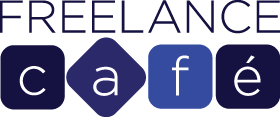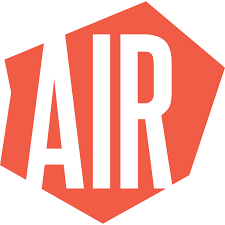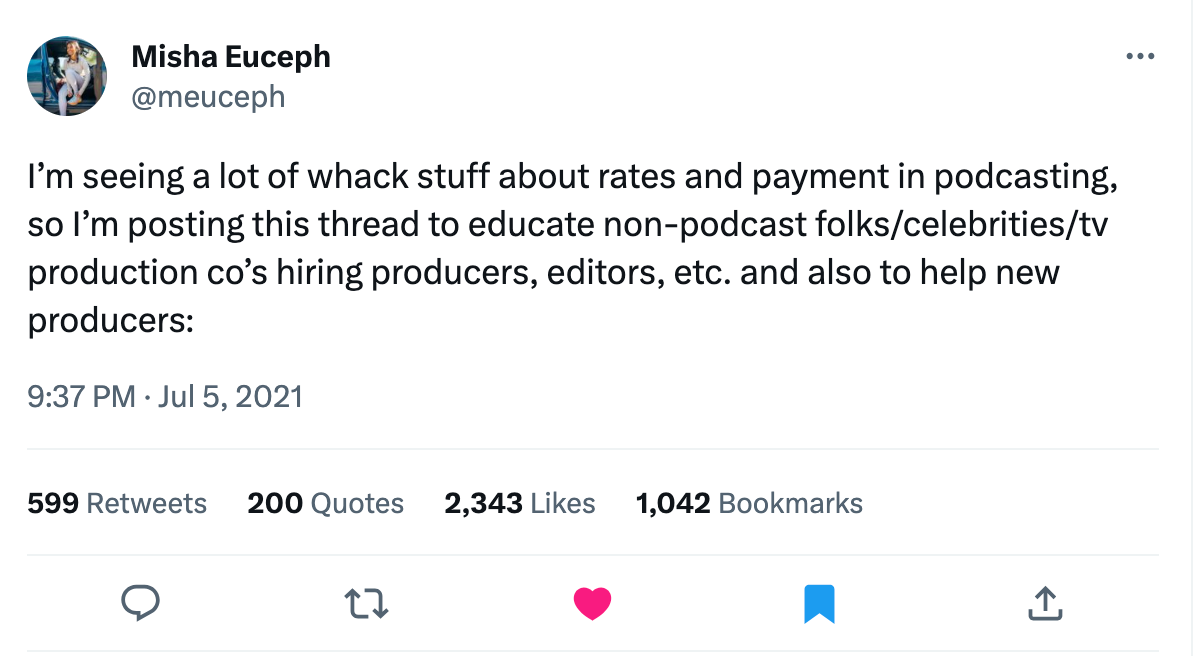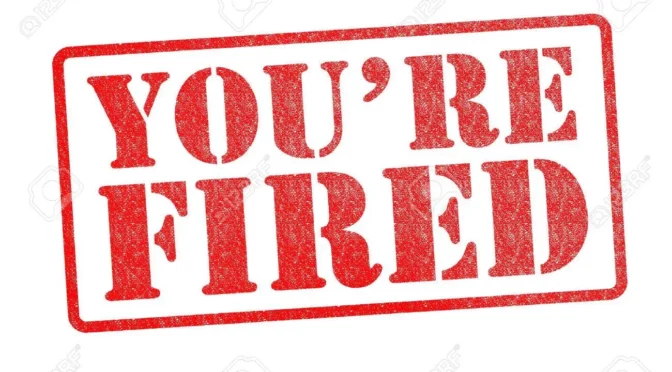How I Decided to Run a Marathon
Glennon Doyle and dozens of other wellness influencers tell us that we can do hard things. Humans are resilient creatures – we can create good habits and good support networks to help us survive all kinds of heartbreak and thrive in all kinds of circumstances. But recently I’ve been thinking a lot about choosing to do hard things – purposefully putting ourselves through mental and physical gauntlets that push our boundaries and stretch our sense of what we’re capable of.
Quitting my job at the end of last year was a hard choice. I had good reasons for it, and based on the events of the past week it was most definitely a good decision. (More on that in a future post.) But I left without a clear game plan. All I knew for sure was that I needed a big change.
I very quickly decided to pour all my energy into applying for a prestigious journalism fellowship that would take me and my whole family across the country for a year. I decided it was the perfect thing to create a buffer between my old work and my new work – whatever that might be. After making it through the first few rounds, I was feeling very confident… so confident, in fact, that we started looking into Bay Area schools for my kids. My fishing-obsessed older son was researching all the best fishing spots. My younger one was looking for local soccer teams. We spent hours brainstorming how we’d get out there, what route we’d take. I’d even taken photos of every room in our house in anticipation of posting them on sabbaticalhomes.com.
Being a practical producer type, of course I had a back up plan:
If I don’t get this fellowship I’m going to train for a marathon.
It was the biggest thing I could think of that I could do on my own. I didn’t say this out loud to anyone, not even my husband. I just held it in the back of my mind as another, different, big thing I could do with all this transitional, post-quitting energy. But of course I wouldn’t need it – I was getting this fellowship!
On April 27th I got this message from the fellowship:
Greetings! We are nearing the end of our selection process and wanted to let you know that we will be notifying you of your status between 9:00 a.m. and 2:00 p.m. Pacific Daylight Time on Monday, May 1, 2023. We will be calling you. Please respond to this email with the phone number where you can be reached at that time.
My husband was scheduled to have surgery in NYC on April 28th, so I knew I would be taking this call from the hospital. I told myself this was actually good timing. We’ll get this good news and we can kick off his recovery with more planning for our fellowship year in California. Exciting!
The days leading up to May 1st went so slowly. And when the day finally arrived, the time change meant that I wouldn’t get the call until anywhere between 12-5pm. I busied myself that morning with breakfast with one city friend and a walk with another one. I checked my phone obsessively. 12pm passed… 1pm… then 2pm.
Finally at 3pm, I got the call.
It was a no.
The rest of that day is a blur of phone calls and nurse visits. My husband was so out of it, he couldn’t really register the news. I went for another long walk. I took myself out for dinner and a movie. I barely slept that night. I woke up the next morning and wrote a journal entry simply titled “bad day.” I think I was in a bit of shock.
The next week is also a blur. We finally left the hospital on May 4th and I entered caretaker mode. This from my journal:
Wake up early, wake the kids, clean up dishes, make breakfast, get them to school, take Dave (husband) for a walk, take Coco (dog) for a walk, try to read the news, try to exercise, try to eat, try to take a shower, clean more dishes, do laundry, figure out what we’re having for dinner, try to work…
Most notably, I was trying to figure out what to do with my life without this fellowship – this thing I had spent the last four months obsessing over and planning around. And somewhere in there I remembered the marathon.
What was I thinking?? I didn’t hate running but I didn’t love it either. I had run on and off for years, and I could consistently run 3 miles (but no more.) In 2017 I trained for a half marathon and felt good about completing it but said I would never do it again. In 2019 I tore my hamstring (unrelated to running) and it took nearly two years to fully heal. Then, during COVID, I got the Peloton app, and while I mostly used it for yoga classes, I’d occasionally check out one of their outdoor runs. I had some friends and colleagues who were really into running and I would talk to them about it – curious if I could ever experience the joy and satisfaction they got from running. In the fall of 2022 I decided to try out a Peloton program called You Can Run Outdoors followed by Go the Distance: 5K. I ran a 5K and came in 2nd in my age group. That felt good! Then I quit my job and entered the long, uncertain winter and spring of 2023.
On May 7th, one week after my fellowship rejection, I started another Peloton program: Road to Your 26.2 Part 1. I didn’t set any specific goals other than starting the program. The longest run in that first week was just four miles so I felt pretty confident I could do it. I liked that the program told me exactly what to do each day. I didn’t have to think about it much, I just had to put on my sneakers and GO. And I liked that it took me away from all the caretaker responsibilities I had at home at that time.
I didn’t talk to anyone about what I was doing, not even my family. I didn’t want to make any promises I couldn’t keep. I just kept going out, day after day, and running the miles they told me to run. I finished Part 1 in mid June and was feeling pretty good. The last run in that program was 10 miles – close to the longest I had ever run (the half marathon). What would happen if I just kept going? My husband was doing much better. School was coming to an end and he’d be around to help with the house/kid stuff again. And I was starting to enjoy the weekend long runs – all that time to myself just putting one foot in front of the other. So I started Road to Your 26.2 Part 2.
It wasn’t until the end of Part 2 that I considered signing up for an actual marathon. I had recently run my longest run ever – 16 miles. (It was brutal. I hadn’t yet learned that you need to eat while you’re running. 🤷🏻♀️ But I was undeterred.) I got online and looked for marathons near me and found one that my sister-in-law, an 8(!)-time marathoner, had told me was good for beginners because it’s relatively flat. I calculated that I would need to fill in just one month of training on my own before starting the third and final Peloton program. So I kept running.
Without a program to follow my training was a little more haphazard. The first two miles were always (and still are) rough. The last two miles were worse (except for one time when I experienced my first – and so far only – runner’s high.) But I’d ultimately come to enjoy the routine of running most days – getting out before it got too hot, getting to know the country roads near my house at my slow pace (I once encountered a bear!), listening to hours and hours of audiobooks, switching to music when things got hard, feeling so glad when each run was finished. Food has never tasted so good.
Six weeks before the marathon, I started Road to Your 26.2 Part 3. I put in more miles than I ever thought I could. I learned that long runs go better if you meet friends along the way. I figured out my running fuel (fig newtons and chocolate covered macaroons). I bought new sneakers. And last week, after completing 20 miles, I got online again and signed up for the Mohawk Hudson River Marathon.
I’m gonna do this hard thing.
As the day approaches I’m feeling nervous (I mean excited! 🙃). I’m nervous about whatever surprising aches and pains will creep up along the way. I’m nervous about running with so many other people after months of training alone. But most of all, my anxiety/excitement stems from the feeling that this long period of transition is finally coming to an end. I’ve run through my husband’s recovery. I’ve run through the disappointment of not getting the fellowship. I’ve run through the conclusion of my first few freelance gigs and the beginning of some new ones. I’ve run through the second and third rounds of heart-breaking layoffs at my former company. The training has given me an outlet for all the nervous energy I’ve had around what I’m doing with my career. This hard thing has given me a goal, a sense of purpose and direction when everything else has felt so uncertain. It’s reminded me to just keep putting one foot in front of the other.
What will I do when the marathon is over?
It’s hard to imagine keeping up this training pace, especially as the days get shorter and colder and I feel the pull toward winter puzzles and TV marathons. It’ll be nice to get some hours back for doing… anything other than running. But this hard thing has helped me in so many ways, and I can’t help but think of what the next hard thing should be. I feel like we could all use something totally outside of the hard things we deal with on a day-to-day basis: with our families, with politics and the climate, with trying to make ends meet and doing something meaningful with our lives. The hard things we choose to do should exist outside of all that. They challenge our bodies and our minds in ways that are completely different from the daily grind.
And those chosen hard things put all the rest into perspective.
Have you run a marathon? Or done some other hard thing by choice? What was it? And what did you do when it was all over? Message me or leave a comment below.









